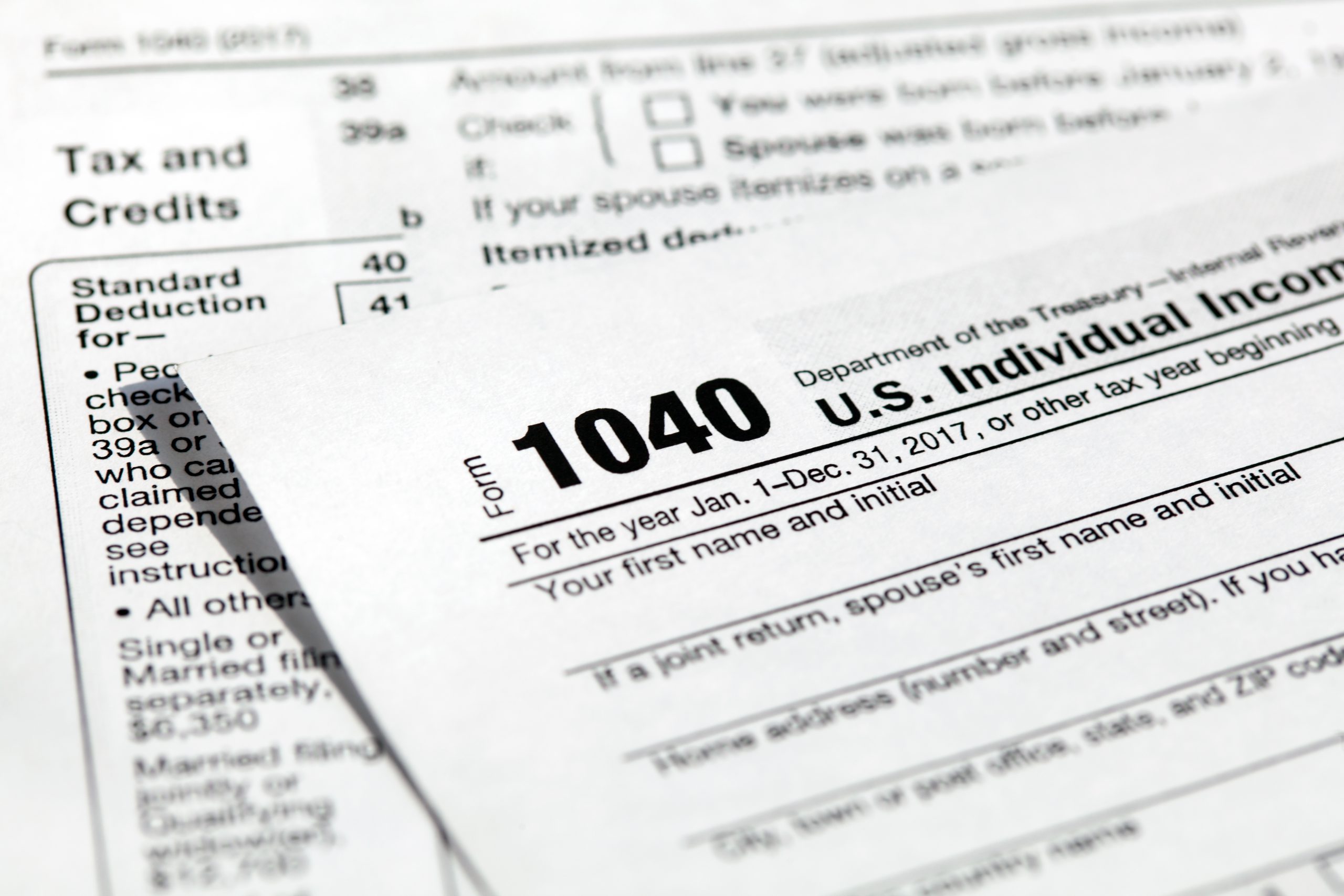Tax Season or Open Season?

Millions of Americans will likely not get their tax refunds this year — not because they don’t deserve them, but because identity thieves will have already filed tax returns under their names. Did you know all a scammer needs to steal your identity and your tax refund is your name and your Social Security Number? Did you know you could spend 5-8 months fighting the IRS over it and could be audited in the
process? Yikes!
Here are some tips to keep your tax refund in your bank account this year, hassle free.
- File your tax returns early. Tax refund fraud only works if the thief files a bogus tax return in your name before you submit your actual tax returns. By filing early, you can ensure the IRS sees your return before a thief sends the fake one.
- Look for IRS notices. Watch for a letter from the IRS stating that more than one tax return was filed with your SSN. Also watch for an IRS notice indicating you received wages from an employer unknown to you. Either of these notices could be a sign that a thief has attempted to file a fraudulent return in your name. (Remember, the IRS only sends notices by mail. If you receive a random email notice or phone call from the IRS, it’s likely a scam. Don’t click on links or open attachments in these types of scam emails!)
- Lock up your Social Security card. Tax-return theft always involves a stolen SSN. Keep it locked up in a safe place!
- Reduce credit card solicitations. Even if you aren’t interested in that credit card solicitation, a thief might be. He could plan to get a credit card in your name as a first step toward obtaining your SSN and date of birth. Be sure to shred unwanted credit solicitations and get your name off the marketing lists for pre-approved credit offers. (Instructions for getting off junk mail marketing lists are found in your online iDefend account.)
- Keep on top of data breach notices. Watch for letters or emails from companies and organizations notifying you that your personal information may have been compromised in a data breach incident. If you receive a notification like this, be sure to closely watch for identity theft or credit fraud alerts and other suspicious identity theft activity. Not every data breach involving your personal information will result in identity theft, but it’s vital that you stay vigilant.
- Shred bank and tax documents you no longer need. Thinking like a thief helps you reduce your risk of identity theft. Consider your tax documents, receipts and bank statements as potential trapdoors that allow entrance into your personal life. Lock up what you need to keep, and shred the rest.
If at any time you believe you may be a victim of federal or state tax return fraud, get help immediately. If you need a good ID theft protection service that covers tax return fraud, check out our iDefend plans that include monitoring and expert support for this type of fraud and much more.







